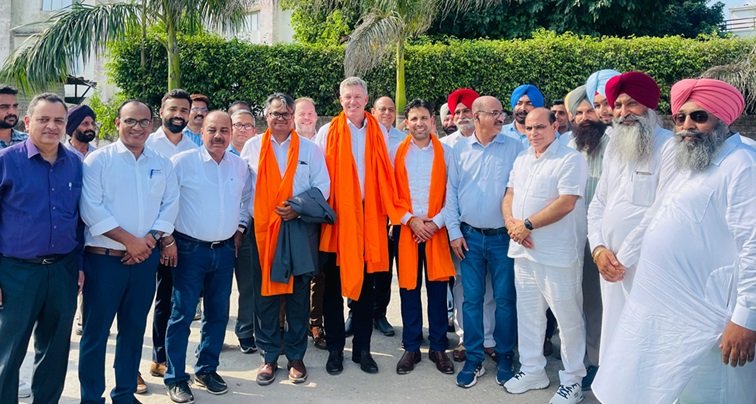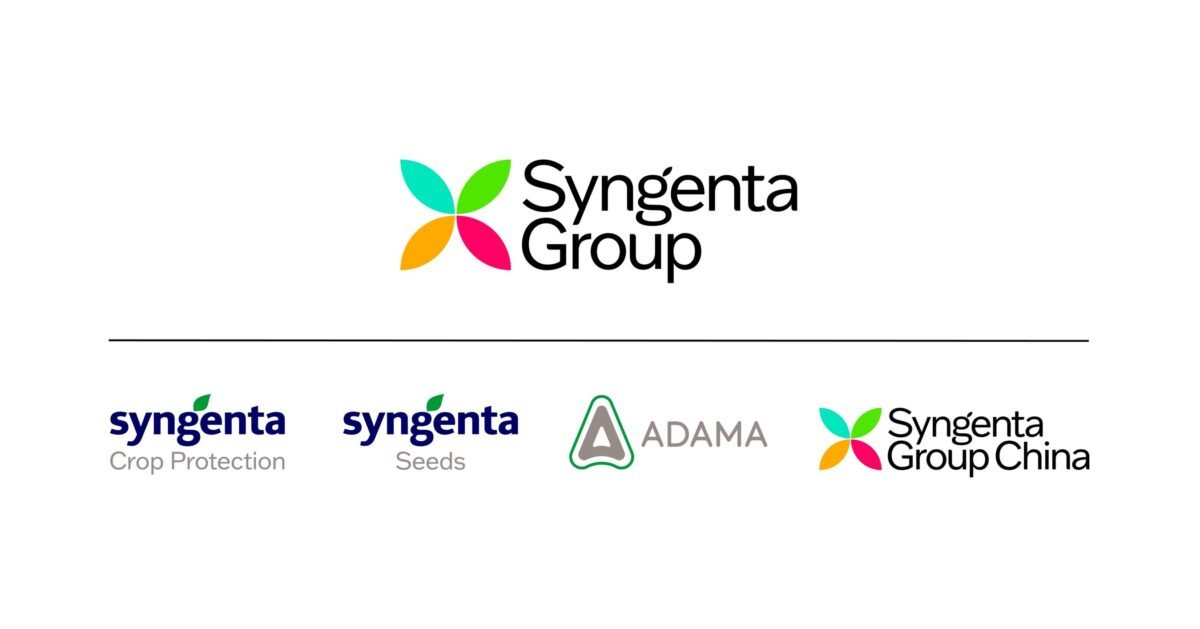Jeff Rowe, Global CEO Syngenta launches I-RISE program on skilling and employment for rural youth
Under I-RISE, rural youth under 35, with at least a class 10 education and farming experience, participate in a comprehensive program that includes 30 days of classroom training followed by a two-month internship.
On his maiden trip, Global CEO Syngenta, Jeff Rowe on applauded India’s strides in agriculture while participating in field demonstrations and visiting different programs to reinforce the company’s commitment to Indian farmers, youth and rural communities. Rowe announced the launch of Syngenta’s I-RISE (Inculcating Rural India Skill Enhancement) to train 1 lakh youth to prepare them for various agriculture jobs. During his day-long trip he also joined field demonstration for Climate Smart Agriculture project for Haryana, interacted with farmers in Karnal and participated in drone demonstration for spraying of crop protection solutions.
Rowe elaborated on the I-RISE initiative, which supports eight Sustainable Development Goals, describing it as a “safety net for rural prosperity in India.” He emphasized that the program focuses on training and engaging rural youth in agriculture to curb migration from villages and tackle the growing challenge of a dwindling skilled farm workforce. Under I-RISE, rural youth under 35, with at least a class 10 education and farming experience, participate in a comprehensive program that includes 30 days of classroom training followed by a two-month internship. Afterward, they have the opportunity to pursue advanced training or seek employment within the agricultural supply chain, micro-business, or farming activities. The program is built on the 3Es approach: Educate youth in agriculture through training and mentorship; Engage them through employment and entrepreneurship opportunities; and elevate their livelihood income.
On another note, Rowe emphasized Syngenta Group’s commitment as the world’s leading agricultural technology partner to transforming agriculture through customized solutions that empower farmers globally to adopt regenerative practices for the benefit of farmers, society, and the planet. During his visit to a farm in Karnal, he highlighted the Climate Smart Agriculture project as an affirmation to Syngenta’s dedication to sustainability.
Susheel Kumar, MD & Country Head of Syngenta India, provided further insights into the project, stating, “The project addresses the climate change challenges affecting rice production in Haryana and Punjab. The project includes soil health analysis to optimize fertilizer use, resulting in a reduction of 100 kg of urea per acre. Additionally, crop residue management is a key focus, with technologies like the Happy Seeder eliminating the harmful practice of burning crop residues – a significant issue in Punjab, Haryana, and Uttar Pradesh, where approximately 23 million tons of residue are burned annually.”
Under I-RISE, rural youth under 35, with


